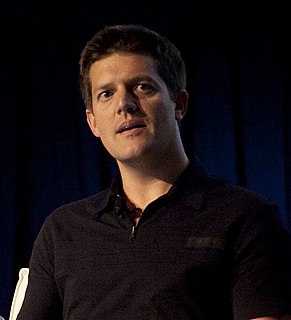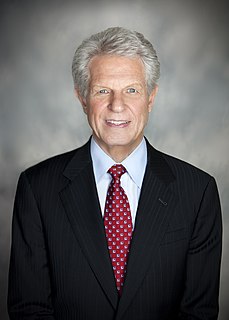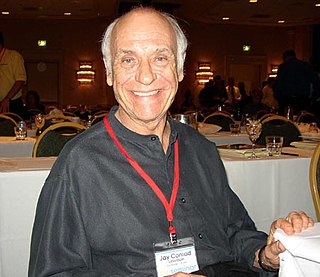A Quote by Roelof Botha
Founders should think of their company as a product and build it and shape it with the same passion and care.
Related Quotes
The reality is the only place a company's culture is going to start and end is at the beginning of that company. And it always starts with the founders. So if you can't create an environment of founders and founding employees who are going to represent the company you want, then you are never going to get there. You have to look at your own network and find what you are missing. So if you don't have a female or someone who has an international perspective or a person with a bio degree, but those perspectives matter to the firm or product you want to create, then it's never going to work out.
Since your company is the product that makes all of your other products, it should be the best product of all. When you begin to think of your company this way, you evaluate it differently. You ask different questions about it. You look at improving it constantly, rather than just accepting what it's become.
You can build the most important companies in history with a very simple to describe concept. You can market products in less than 50 characters. There is no reason why you can't build your company the same way. So force yourself to simplify every initiative, every product, every marketing, everything you do. Basically take out that red and start eliminating stuff.
The stage of investing that I do is seed stage, so it's really early. Here's a pair of founders who maybe have a prototype. They have a little bit of traction, maybe one employee, tops. At that stage, you really, really can only evaluate a company based on those founders and what they've been able to build. It's very, very team driven.


































